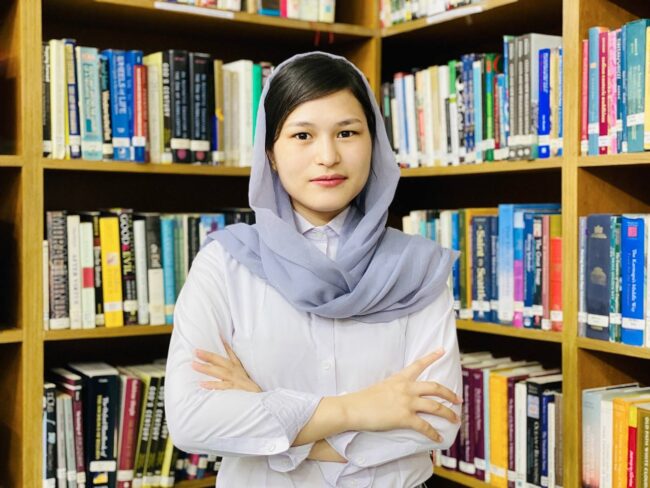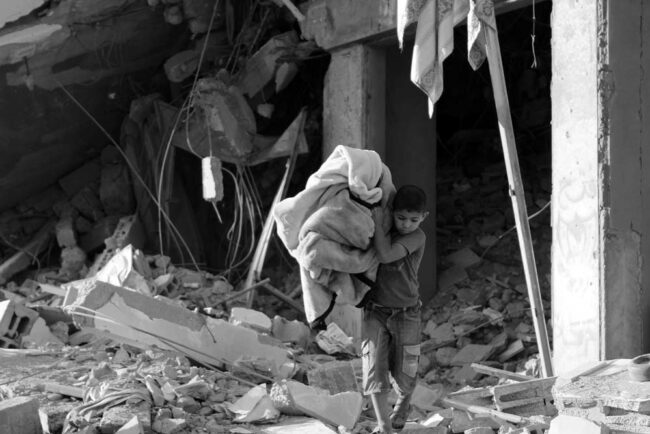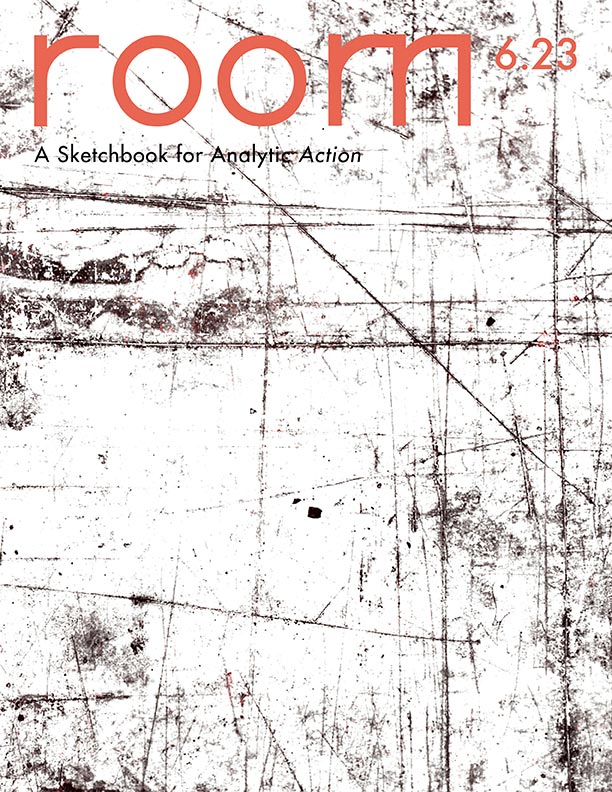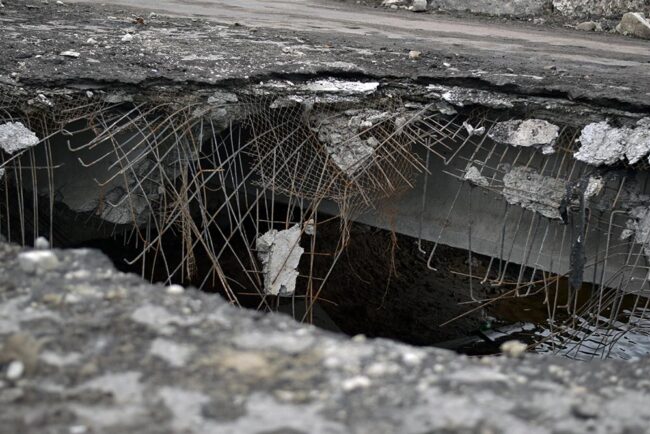Collectively Remembering Coline Covington by Janet Fisher
Five members of ROOM’s editorial board decided to read and discuss Coline Covington’s latest book, Who’s to Blame? Collective Guilt on Trial, the third of a series of writings that interweave psychoanalytic ideas with political, social, and group theories, to arrive at the possibility of a moral world. This was not intended to be her final writing on the topic, only to lay out some of the theoretical problems involved in thinking about acts of destruction and possible paths to repair and reconciliation. In her last weeks of life, Coline learned of our plan to honor rather than just review her book, for which she was touched and thankful.










